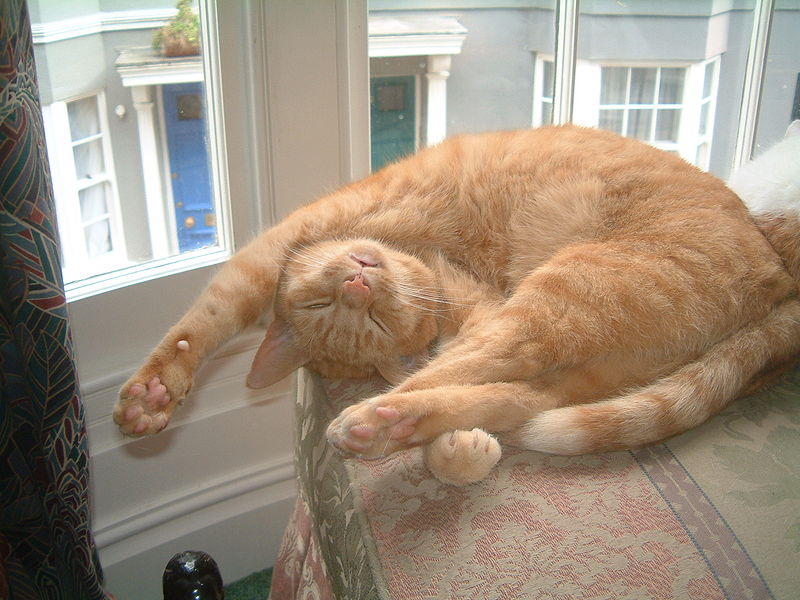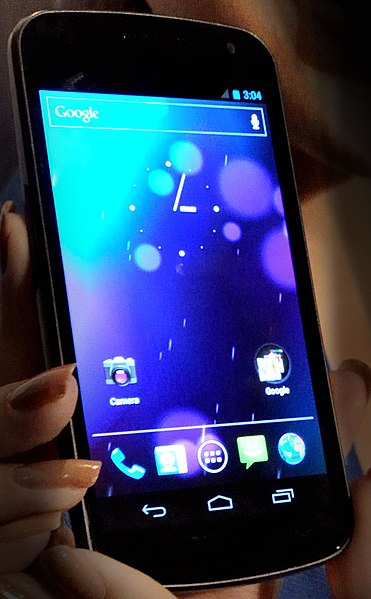 |
| This cat shares my pain. |
| Average Sleep Needs | |
| Age | Hours |
| Newborns (0-2 months) | 12 - 18 |
| Infants (3 months to 1 year) | 14 - 15 |
| Toddlers (1 to 3 years) | 12 - 14 |
| Preschoolers (3 to 5 years) | 11 - 13 |
| School-aged children (5 to 12 years) | 10 - 11 |
| Teens and preteens (12 to 18 years) | 8.5 - 10 |
| Adults (18+) | 7.5 - 9 |
(Borrowed from this website that has everything you need to know about sleep)
The Sleep Cycle
As you sleep, your body transitions through several different stages. During these stages, different parts of your brain and body are activated to promote healing and relaxation. You also solidify memories in your sleep. If everything goes the way it is supposed to, you wake up feeling relaxed and ready to start the day.
.jpg) |
| This yawning hedgehog is ready for the daily grind. |
One stage of sleep, the REM stage, is popularly understood as the stage when dreams occur. The only time you are likely to remember your dreams is if you wake up during this stage. Otherwise, the conscious mind has no time to analyze and commit the dream to memory. If you're someone who feels they never dream, the truth of the matter is that you're dreaming, on average, 4-6 dreams per night. You just don't remember them!
How to Avoid Breaking the Cycle
So now that you know about the 90 minute sleep cycle, how can you use this to help yourself sleep better? Well, for starters, you can try to allocate yourself enough time to sleep in increments of 90 minutes. Rather than aim for 8 hours, aim for 7 and a half hours of sleep. Use that extra 30 minutes of wakefulness to gradually relax before bed, like I mentioned in last week's post.
If you have an iPhone, consider this wonderful app that will monitor your movements while sleeping. Not only will it coach you to more restful sleep based on your habits, but it will monitor your progress through the sleep stages and wake you when you have completed a cycle.
 |
| You've been replaced, chump. |

